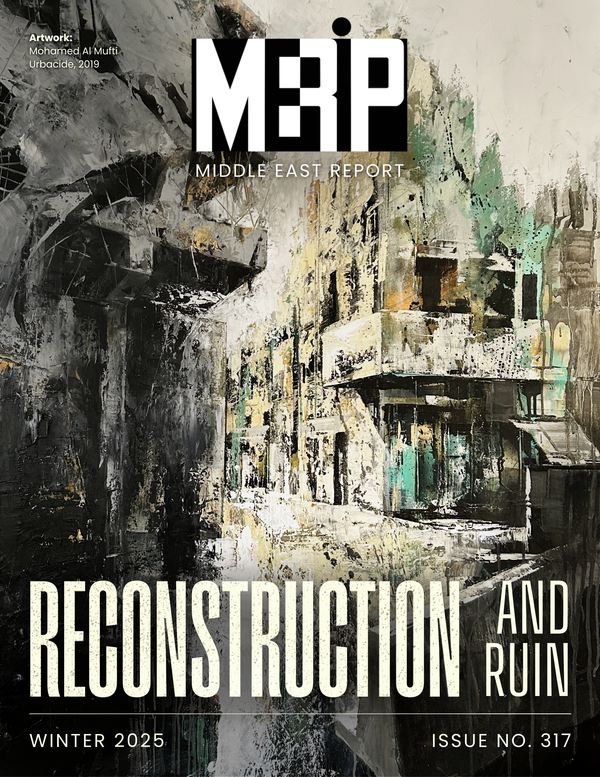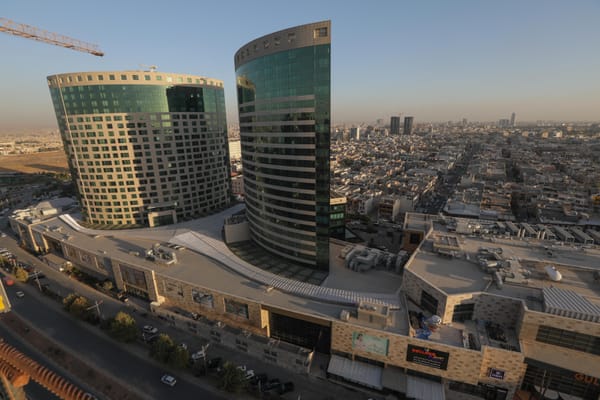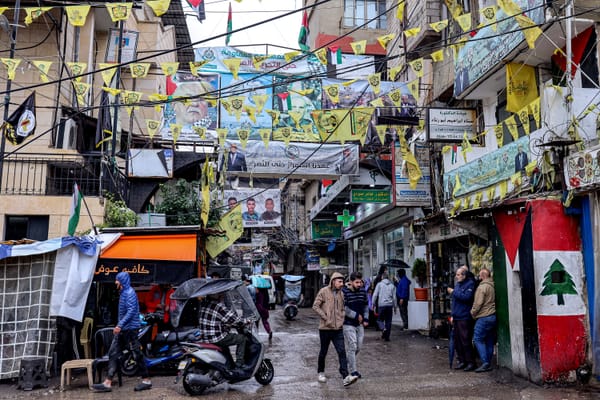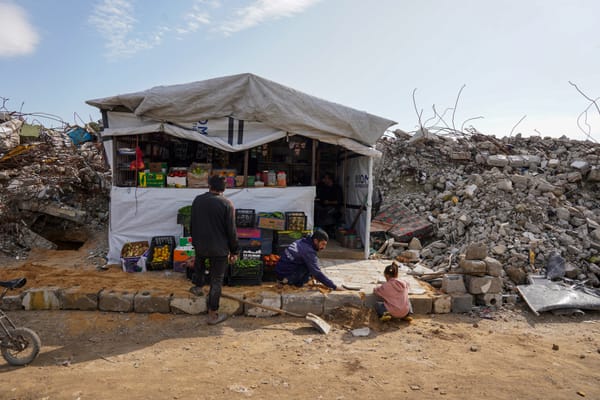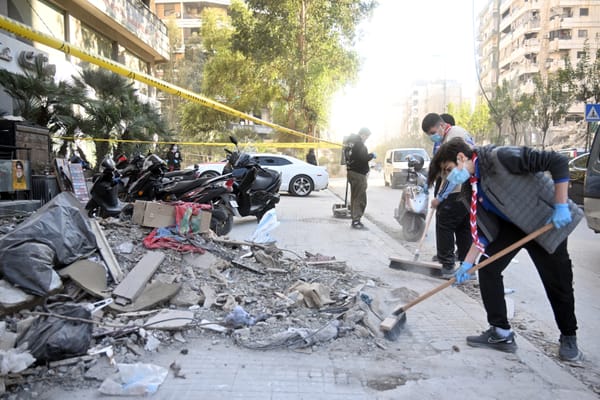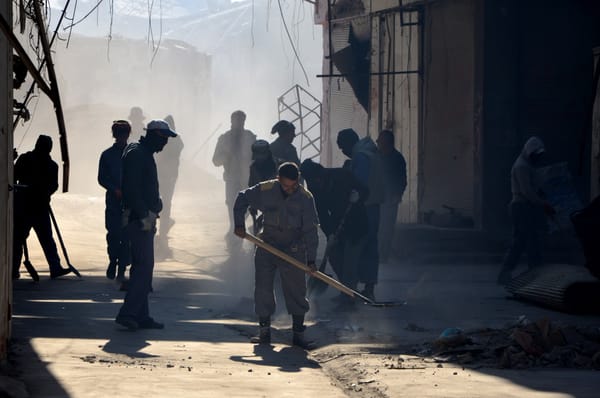NEW: ‘We Want to Breathe’ – Dispatch from Tunisia
By Dhouha Djerbi
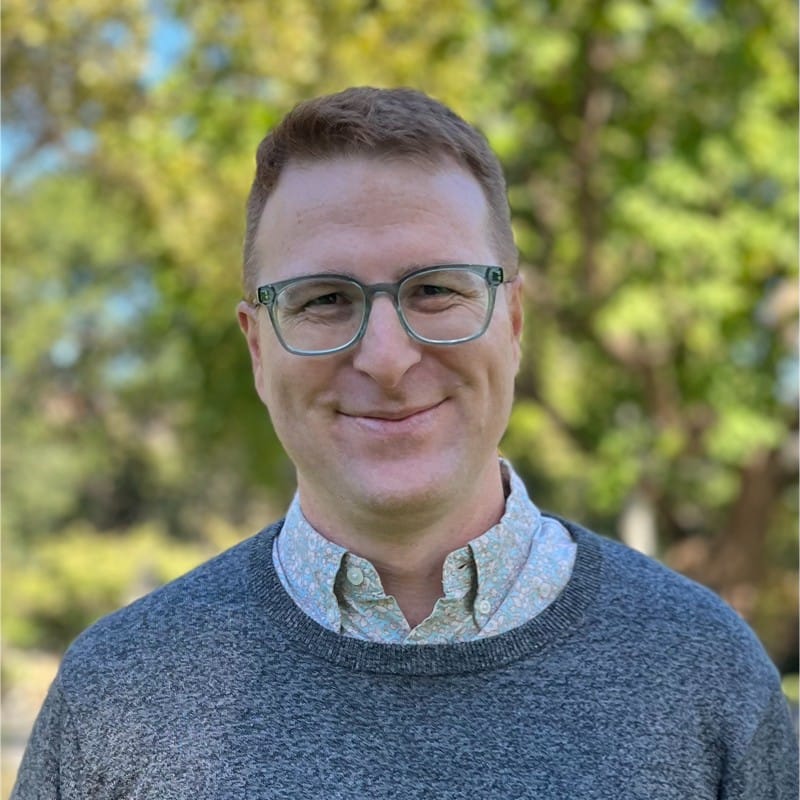

Dear Friends and Comrades,
We’re bringing you a new dispatch today from the frontlines of protests in the Gabes governorate of Tunisia during an environmental and public health crisis. Pollution from a nearby phosphate processing complex operated by the state-owned Tunisian Chemical Group has persistently harmed residents, including children while at school. Dhouha Djerbi, a researcher based in Switzerland, has been in Gabes speaking with families affected by this unfolding catastrophe and observing the growing mobilization of local resistance.
This formerly lush oasis region in Tunisia is bearing the brunt of poorly managed chemical processing–the unusually high rate of respiratory illness and rare cancers emerging in Gabes have turned it into Tunisia’s “cancer capital.” As the conference of parties meets in Brazil this week and next week for the UN climate conference, COP30, MERIP continues to highlight the voices and experiences of those most impacted by industrial pollution and climate change.
In Solidarity,
James Ryan
Executive Director
MERIP relies on support from our readers to publish dispatches like this one. Please consider a one-time or monthly donation today!
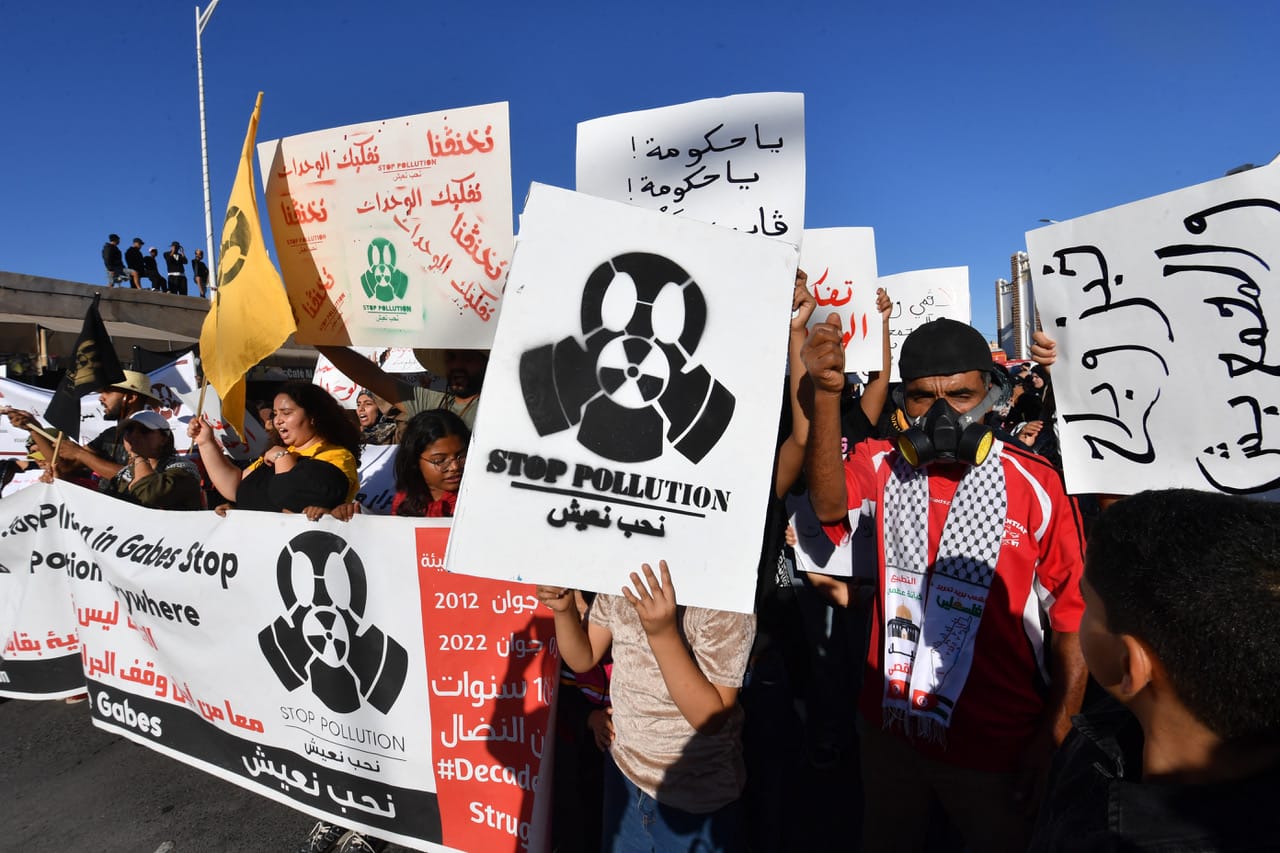
A few weeks into the 2025 school year, in a middle school in Chott Essalem, Tunisia, students began to feel dizzy and light-headed and their throats tightened. Within minutes, they began collapsing, one after another. More mass asphyxiation events, as residents describe them, occurred throughout the month of September and into the early days of October. In total over 100 people, predominantly children, were affected. One mother, recalling the first incident to a local environmental group, described a harrowing scene of rows of children lying motionless on the ground, their stillness conjuring images she had seen of lifeless Palestinian children in Gaza.
When the students fell ill that September morning, few doubted the culprit. The Gabes governorate’s sprawling phosphate processing complex—run by Tunisian Chemical Group, more commonly known by its French designation Le Groupe Chimique Tunisien or simply Groupe Chimique—boasts a record of gas leaks that have caused similar episodes of poisonings over many years. Alongside severe ecological devastation, the toll most acutely felt by residents has been an alarming concentration in respiratory illnesses and rare cancers found nowhere else in Tunisia. They occur with such frequency that the governorate earned the apt—if grim—moniker of the nation’s “cancer capital.”
In conversations with Gabes residents, the refrain that all households contain at least one cancer patient is nearly universal. Compounding this public health catastrophe is a medical infrastructure that is both underfunded and ill-equipped to care for an ailing population. When the children of Chott Essalem fell unconscious, desperate parents called for ambulances only to be later turned away at the regional hospital.
People from Gabes will tell you that layering indignity upon injury is part and parcel of life in the shadows of the Groupe Chimique. Yet the rapid pace and scale of the Chott Essalem incidents this year were without precedent. Harrowing images and videos of fainting children spread like wildfire on social media and ignited public outrage.



